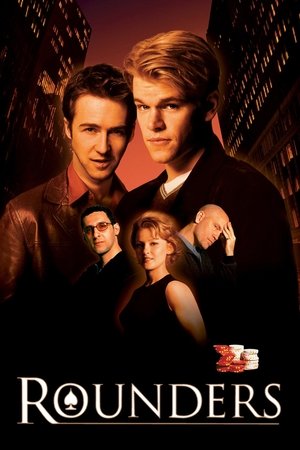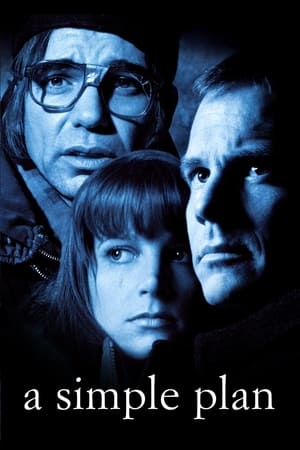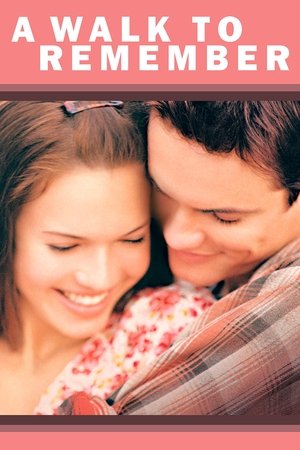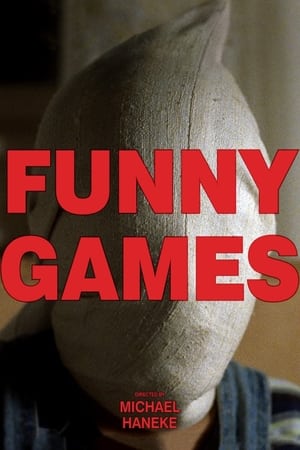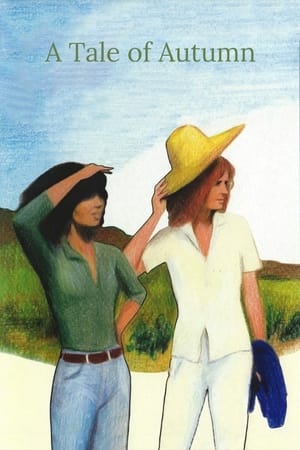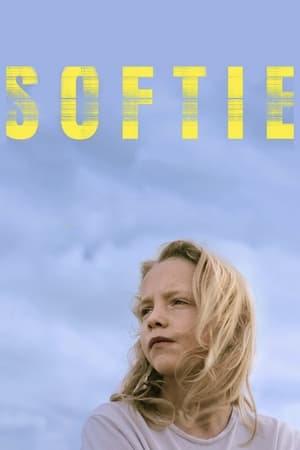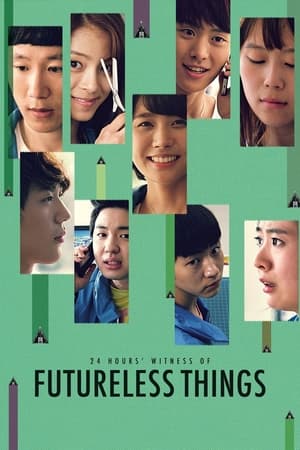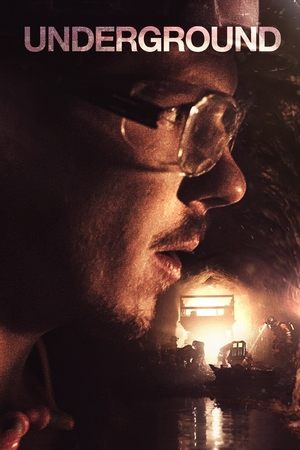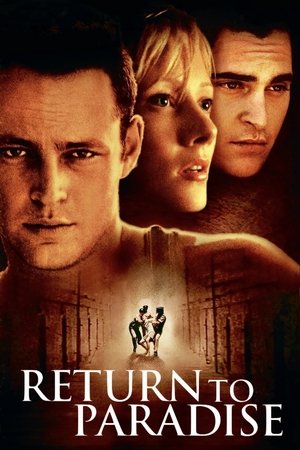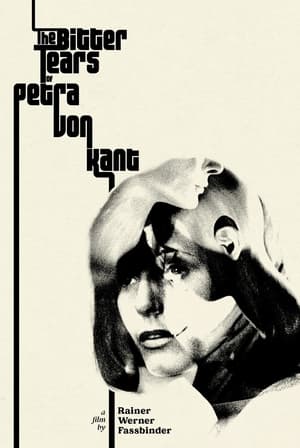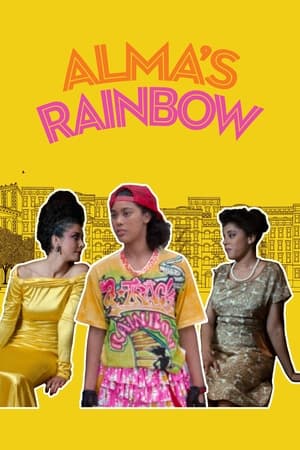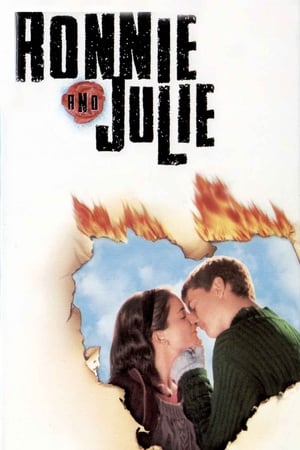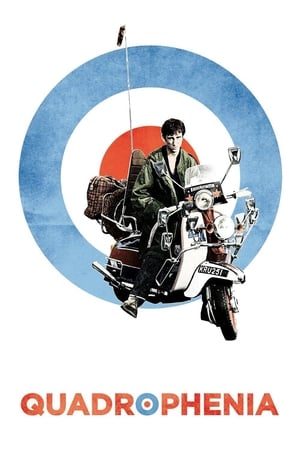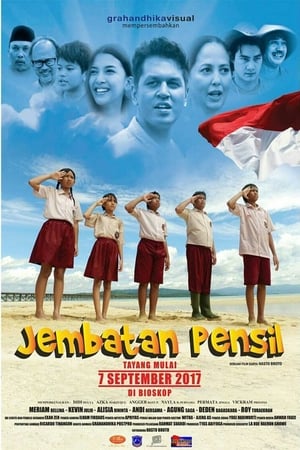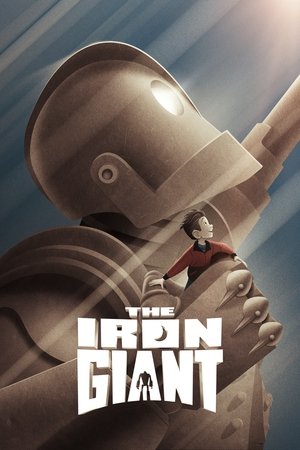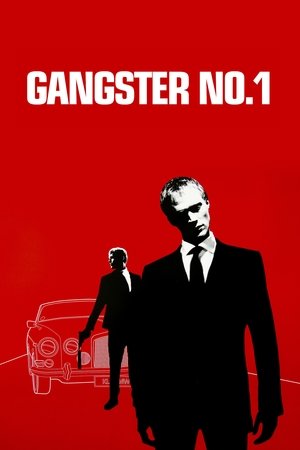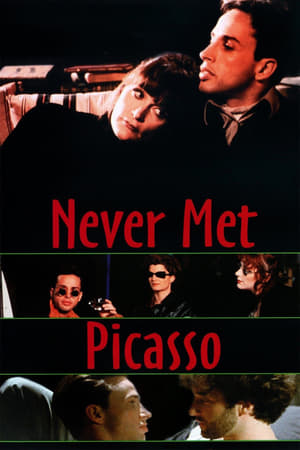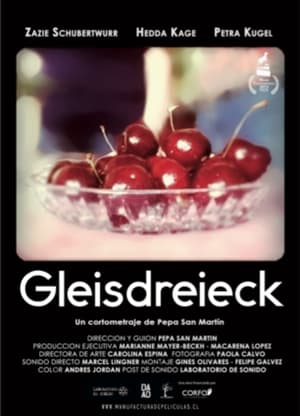Overview
Two 13-year-old boys spend an idyllic summer together, but their connection is put to the test when they become the subject of speculation at school.
Reviews
Thirteen year old "Léo" (Eden Dambrine) and his schoolfriend "Rémi" (Gustav De Waele) are inseparable. The play together, eat together, sleep together - an ideal fraternal relationship. At school, though, their classmates start to make disparaging remarks about them, and the naturally more gregarious "Léo" begins to shun his friend a little, then a little more... Tragedy ensues after "Rémi" doesn't show up for a school trip and the repercussions hit the young "Léo" and "Sophie" (Émilie Dequenne) - the mother of his friend - especially hard. On one level this film is about cruelty. Not a deliberate, malevolent style of cruelty - but one of indifference, of ignorance - a bully's sort of cruelty. On another it is a story of love, loyalty - betrayal even. It is an highly emotional film with two excellent performances from the young boys conveying their respective responses to a bewildering array of suspicion and judgements being thrust their way by those who knew no better - but should have. It's about parenting, about openness and about how people deal with tragedy in their own, personal way - and it is very effective. It really does leave a lump in your throat afterwards. Well worth a watch.
I don't rate a film 10/10 unless it's wonderful and my reviews tend to be motivated by either abject disappointment or outright admiration. I think that's very much most people's experience of film, you either love it or you don't.
With Close, there's everything to love and it is an exercise in pure love, not just in its storyline but also the art of film, acting and storytelling. Importantly. It is akin to a dissection, an expert analysis of youth told through the eyes of two boys in tremendous pain. It is nuanced and a near savant, perceptive commentary on the predjudices cultivated within the human predicament from the very outset. It captures perfectly how instilled bigotry dessicates pure innocence from the moment a child sets foot into wider society via the educational system and it is a damning indictment of what we've become or failed to become, more accurately.
The storyline shows how deep rooted prejudice can destroy a pure and innocent love between two boys, and it perfectly contrasts how the insipid and evil innuendo from female quarters feeds into to the outright violent machismo in male quarters, together combining to destroy the boys' idea of what their friendship was, to sully it unjustly and to make them feel that what was wonderful is wrong, to make them paranoid and defensive. It is a tale as old as time, the despicable and mean way jealous observers seek to destroy what they can't have, because they don't have that capacity. And it is infuriating as a viewer to see homophobia cast onto an innocent friendship at a tender age because it is precursive homophobia targeted at closeness, at innocent brotherly love. It is infuriating because it shows how deep rooted homophobia is in both girls' and boys' upbringing - bigotry that is used to target close friendship and innocence as a near precautionary measure, vaccinating the world at large against any male affection just in case it might turn into something more.
There is much praise for this film and the writer/director Lukas Dhont is talented beyond what many critics seem to be able to bring themselves to admit, for he has, at a rather youthful age, created a work which leaves many in the industry probably wondering how he does it and where they went wrong.
If Hollywood is the centre of the movie business, it is only due to money, and Lukas Dhont has, in this Belgian film, and as much French cinema has done before, shone a light on what cinema can and should be, and by comparison, he puts the typical offerings of Hollywood to shame. It is truly a comparison of fast food to haute cuisine.
By way of another comparison and a similar study of loss, there was much praise for Aftersun and I gave it a great review. Having now seen Close, I think Aftersun is rudimentary in comparison and I wonder if the fact that Close is in French/Flemish is sufficient enough a reason for it to languish behind in terms of accolades and praise when compared to Aftersun, which, while deserving of much praise, is nothing of equal merit whatsoever - not even Close.
For anyone wanting to learn about cinema and storytelling on screen, about acting and direction, Close is the objective to aim for, a masterclass in perfection. It will break your heart.

 104 min
104 min
 7.777
7.777
 2022
2022
 Belgium
Belgium
 CinemaSerf wrote:
CinemaSerf wrote: